Question for Our Hotel Marketing Expert Panel
What are the most beneficial use cases of Artificial Intelligence in hotel marketing? Where are the opportunities and what are the pitfalls for hotels to be aware of? (Question from Cory Falter)
Industry Expert Panel
Our Industry Expert Panel exists out of professionals within the hospitality & travel Industry. They have comprehensive and detailed knowledge, experience in practice or management and are forward-thinking. They are answering questions about the state of the industry. They share their insights on topics like revenue management, marketing, operations, technology and discuss the latest trends.
Our Marketing Expert Panel
- Cory Falter – Partner and Visionary at Lure Agency
- Thom de Graaf – Online Marketing Specialist, The Orange Studio
- Luminita Mardale – Director Of Marketing And Business Development, Vienna House
- Susanne Williams – Director Consulting Services, Journey Hospitality
- Thomas Dieben – Founder, Becurious
- Jacopo Focaroli – CEO & Founder, The Host
- Moriya Rockman – Chief of Marketing, Smiling House Luxury Global
- Max Starkov – Adjunct Professor Hospitality Technology, New York University
- Nicole Sideris – Founder & Prinicipal Consultant, X Hospitality
- Ask Our Panel a Question
- Join Our Expert Panel
“Everyone’s suffering from Chat GPT / AI overload right about now. Analysis Paralysis is alive and well, so starting small can be vital.
One easy, practical, and actionable tip is to copy and paste all the reviews from TripAdvisor (or Yelp!) into Chat GPT and use this prompt to glean some incredible insights. For example:
“Please review the following content and provide the following:”
- What are the top three things guests are talking about positively?
- What are the top three things guests are talking about negatively?
- What makes us unique and how can we use this information to attract customers?
Leveraging the power of AI can be a powerful and efficient way to help maximise your time and resources.”
“AI helps expedite time-consuming yet crucial tasks, such as responding to guest emails and reviews. This can be particularly beneficial for smaller hotels with limited staff, as it frees up time to focus on marketing efforts. Furthermore, many advertising platforms now integrate some form of AI, offering assistance with text suggestions and even the creation of royalty-free images.
A pitfall to be aware of, for example, is over-reliance on AI, which can risk diminishing the heart and soul of a hotel. In addition, while AI technologies continue to improve, they can still suffer from initial issues that lead to misinformation or misunderstandings. This can potentially frustrate guests—for instance, when interacting with a chatbot.”
“Creating a better customer experience should be the main focus of hotels. The benefits of AI in the hospitality industry are:
1. Increased efficiency for employees on time-consuming tasks with AI automation, and this will also mean a cost saving for hotels.
2. Improve guests’ satisfaction – guests can use self-check-in and check-out, and voice-activated devices in their room to access hotel information during their stay. A personalised experience can be offered with a virtual live assistant.
Pitfalls that can be avoided:
- using only one communication channel
- not asking for guest feedback
- not analysing your audience.”
“Artificial Intelligence (AI) undoubtedly offers significant possibilities for the hospitality sector, especially in the area of hotel marketing. Some examples and effective implementations of AI in this field are:
1. Personalised Recommendations: AI-powered recommendation engines can analyse customer data and preferences to provide personalised recommendations for hotel stays, room upgrades, amenities, and nearby attractions. This enhances the customer experience and increases the likelihood of bookings and upsells.
2. Chatbots and Virtual Assistants: AI-powered chatbots and virtual assistants can handle customer inquiries, provide instant responses, and assist with bookings, thereby improving customer service and response times. They can also offer personalised recommendations based on user interactions.
3. Dynamic Pricing Optimisation: AI algorithms can analyse various factors such as historical data, demand patterns, competitor prices, and market conditions to optimise pricing strategies in real time. This helps hotels maximise revenue and occupancy rates.
4. Sentiment Analysis and Social Media Listening: AI can analyse social media posts, online reviews, and customer feedback to gauge sentiment, identify trends, and gain insights into customer preferences. Hotels can then adjust their marketing strategies and service offerings accordingly.
5. Targeted Marketing Campaigns: AI enables more precise audience segmentation, allowing hotels to deliver highly targeted marketing campaigns. By analysing customer data and behaviours, AI can determine the most effective channels, messages, and timing for marketing initiatives.
6. Image and Voice Recognition: AI-powered image and voice recognition technologies can enhance marketing efforts. For example, hotels can use image recognition to tag and categorise user-generated content, and voice recognition can be used in voice-activated search or virtual assistant applications.
“While AI presents numerous opportunities, there are potential pitfalls to consider and avoid:
1. Data Privacy and Security: Hotels must handle guest data responsibly and ensure compliance with data protection regulations. AI systems should have robust security measures to safeguard sensitive customer information and prevent data breaches.
2. Ethical Considerations: AI algorithms should be designed with ethical principles in mind. Bias and discrimination must be actively addressed to ensure fair and inclusive practices in areas such as guest profiling, pricing, and marketing.
3. Human Touch: While AI enhances efficiency and automation, it’s crucial to strike a balance and maintain a human touch in guest interactions. Some guests may still prefer personalised service from human staff, so hotels should find the right blend of AI and human interaction to meet diverse guest expectations.
4. Continuous Monitoring and Adaptation: AI algorithms require ongoing monitoring and fine-tuning to ensure accuracy and relevance. Hotels should regularly evaluate the performance of AI systems, refine models, and adapt to changing market dynamics.”
“AI holds great potential for hotel marketing: personalised marketing allows hotels to tailor campaigns based on guest preferences as well as AI-powered chatbots and virtual assistants provide instant responses and enhance customer service. We can see its impact also in Revenue management and pricing optimisation leveraging AI algorithms, or in sentiment analysis and reputation management to help hotels proactively address issues and manage their online presence.
The main pitfalls we can expect for now are that data privacy, security and ethical concerns must be prioritised to safeguard customer information. Maintaining a human touch alongside automation ensures a personalised guest experience.
In summary, we should learn how to mitigate and balance AI’s benefits and pitfalls. If we can boost our productivity, fine-tune our marketing strategies and elevate the guest experience, and above all if we cannot ignore AI, why not try to navigate it?”
“I truly believe that AI is about to change the hospitality space tremendously, as AI allows us to tailor our products and services to cater to the unique characteristics of each guest, ensuring a customised and exceptional experience. By harnessing the power of AI, we can reach new levels of guest satisfaction and provide dedicated services that perfectly align with their expectations.
Another thing that AI is going to change forever is the ability for the guest to track the source of data. If you own your own product, AI will be the new direct booking source that leads guests directly to you for free. AI will take you into account when giving data about your business to guests, and this brings us back to recognition, digital awareness and diverse content on all digital platforms that will allow AI to scan and present your data.
Another important tip is to have a set of original pictures as AI is looking at descriptions as well as visual content.
In general, AI technology entering the state of hospitality will lead to a massive growth of personality within the sector as only the best will get the recognition. The next level of AI will be that reviews on one platform will be part of the common knowledge about your business and services.
The hospitality industry will have to stretch itself, attaining perfect accuracy in its guest journey data, competitive pricing that fits the service you give and constant maintenance of your brand. It’s going to contain a lot of hard work when AI takes over the way people are turning to online search for their next vacation. However, those who embrace digital transformation and proactively engage on social media channels will emerge victorious and reap significant cost savings in the future. Success lies in embracing the digital landscape and leveraging its potential to stay ahead of the competition.”
“There has been a lot of buzz and heated discussions about the role and impact of generative AI like ChatGPT in the hospitality industry and travel in general – from bold predictions that ChatGPT will “revolutionise the industry” and “liberate the industry from the yoke of the OTAs” to expert statements that it will lead to a complete overhaul of the hotel tech stack and help solve labour shortages in hospitality.
If you dissect all of the ChatGPT hype and actual implementations, they fall into the 4 categories, which ChatGPT itself outlined as having the biggest impact on travel and hospitality. During an “interview” with HFTP CEO Frank Wolfe, ChatGPT defined the following uses in hospitality and travel:
- enhanced chatbots for the website to handle trip planning and customer service
- virtual assistants
- content translations
- marketing and website copywriting
So nothing surprising here, except we have to give kudos to travel tech vendors for the speed with which they have come up with these applications!
Except for the major hotel chains, hotels do not have the financial, technological or talent resources to select, train, implement and maintain generative AI bots like ChatGPT on their own. The AI-powered hotel-specific chatbots like Asksuite and Quicktext are perfect for hotel websites of independents, midsize and smaller hotel brands, boutique and luxury brands. The major hotel chains most probably would want a highly customised version of ChatGPT or Google Cloud’s Vertex AI on their brand sites to handle trip planning and customer service.”
“I feel this is a replacement for the traditional style concierge and reception roles. However, in this industry I feel we need to maintain a level of personalised service which is not fully achieved yet in AI.”
Ask a Question & Join Our Expert Panel
Would you like a question to be answered by our Industry Expert Panel? Or would you like to join our community of experts and share your experience, insights, and knowledge with fellow industry professionals? Via the buttons below you can submit a question or submit a request to become part of our expert panel.






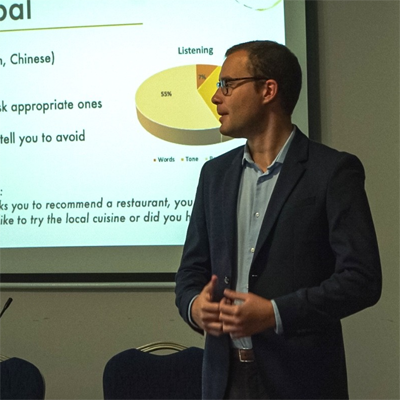



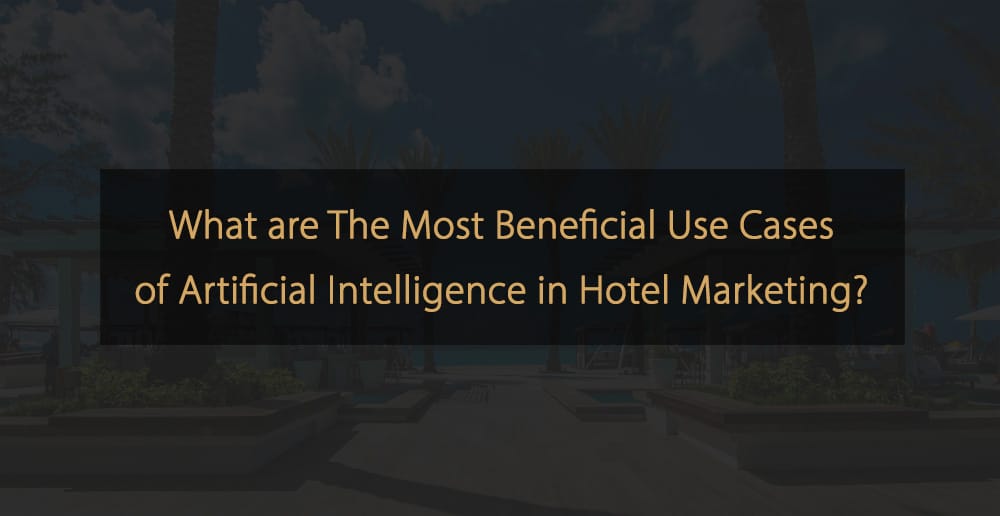
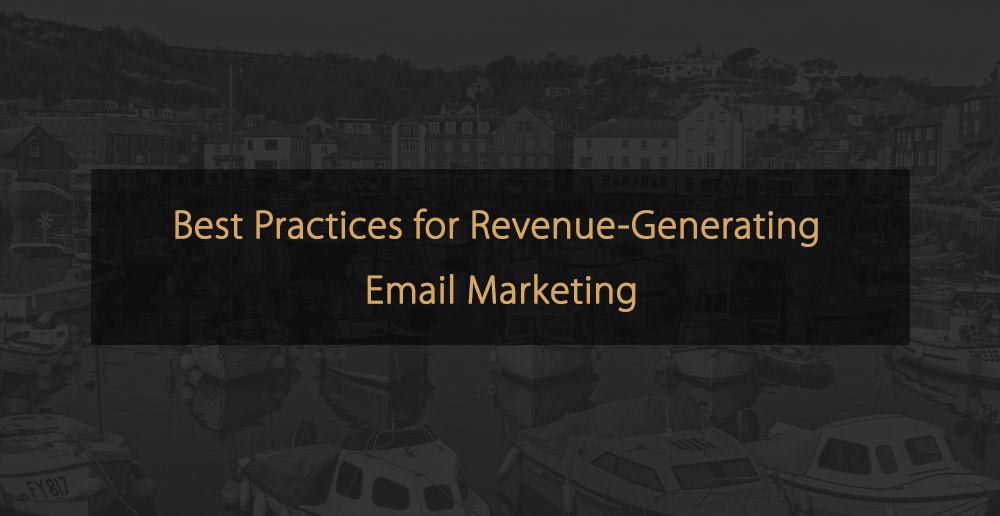
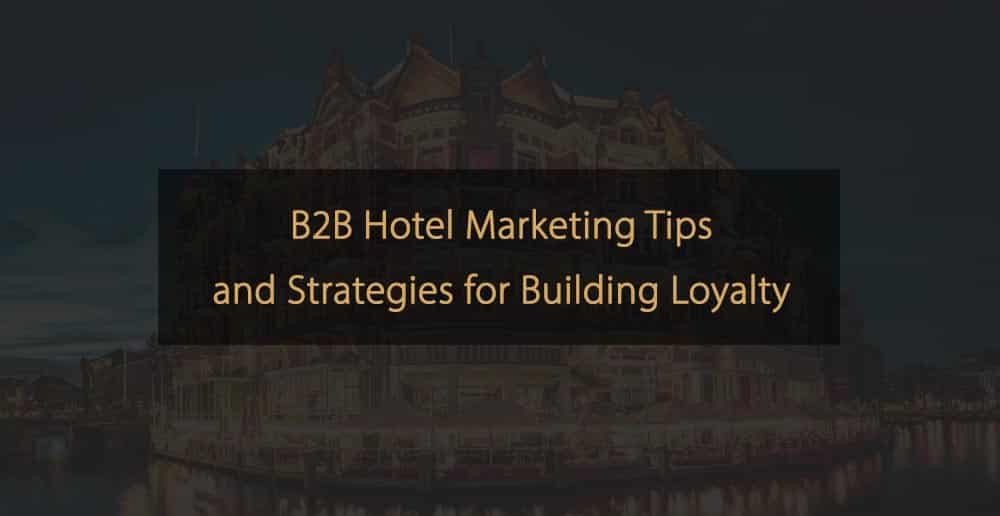
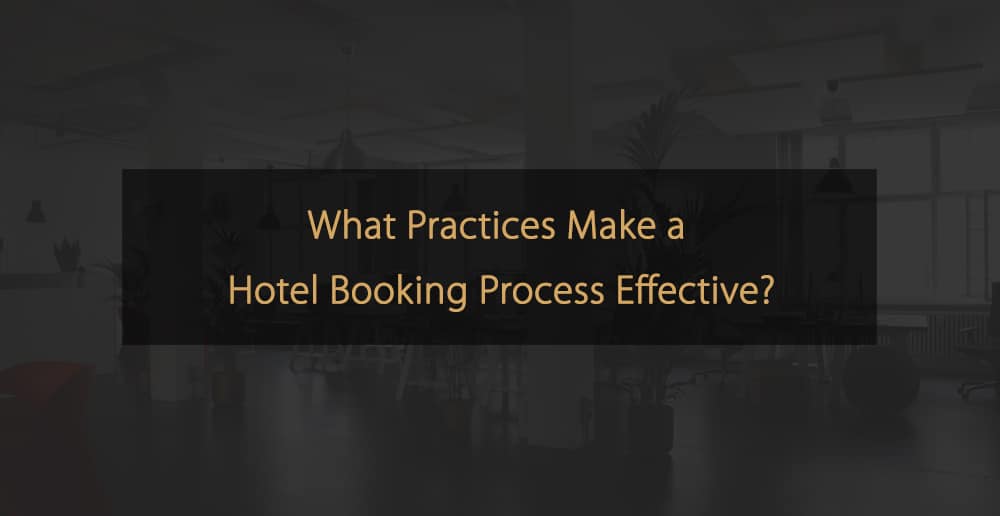
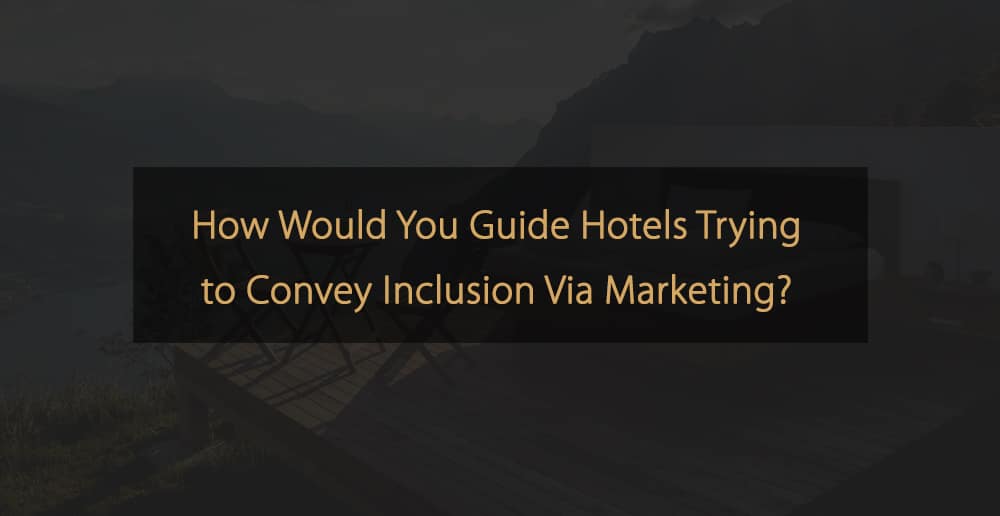
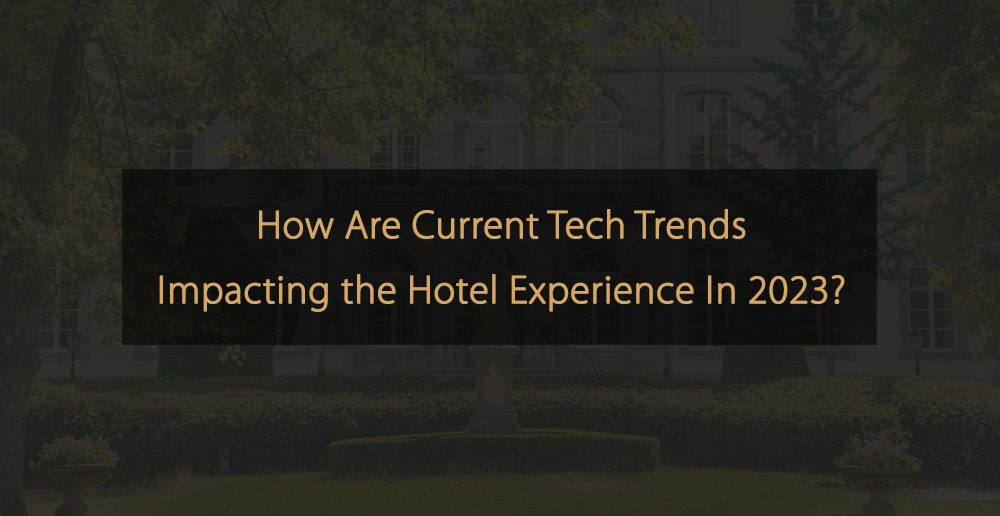
Leave A Comment